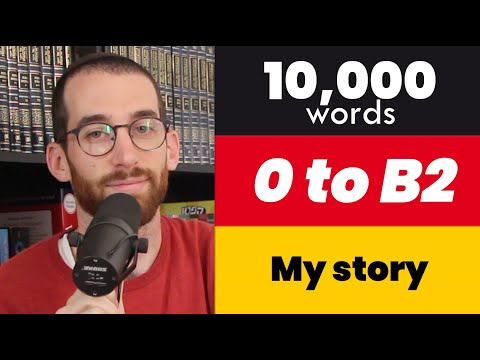Looks like Jalup is semi-defunct while the Anki decks are still pricey. Too bad, I was looking for something that introduced vocab and grammar in careful order like that (and wasn’t overly pricey).
Context: I am looking to learn Japanese, and because I know Korean already, I expect to be able to learn the grammar and the Sino-Japanese vocab fairly naturally and quickly (without most of the difficulties westerners typically face with understanding Japanese grammar). (Unfortunately, I don’t know many kanji yet, so I will still have to learn those a little more slowly like everyone else - though a system like WaniKani might help speed things up a little bit.) I haven’t found a suitable resource yet, but I would like to be able to use some resource that presents grammar and vocab in a logical order, but in a way that I could largely speed through (by making connections to Korean to learn quickly), so that, as soon as possible, I could start learning by going into the wild (internet “immersion”, the closest I can get to immersion at the moment), while building kanji knowledge in parallel and constantly reinforcing my kanji knowledge as I come across the kanji in the wild (which might make an SRS mostly unnecessary even for kanji).
And yes, I too was looking to use TiddlyWiki to take notes on Japanese, though I’ll save that discussion for another post sometime.
